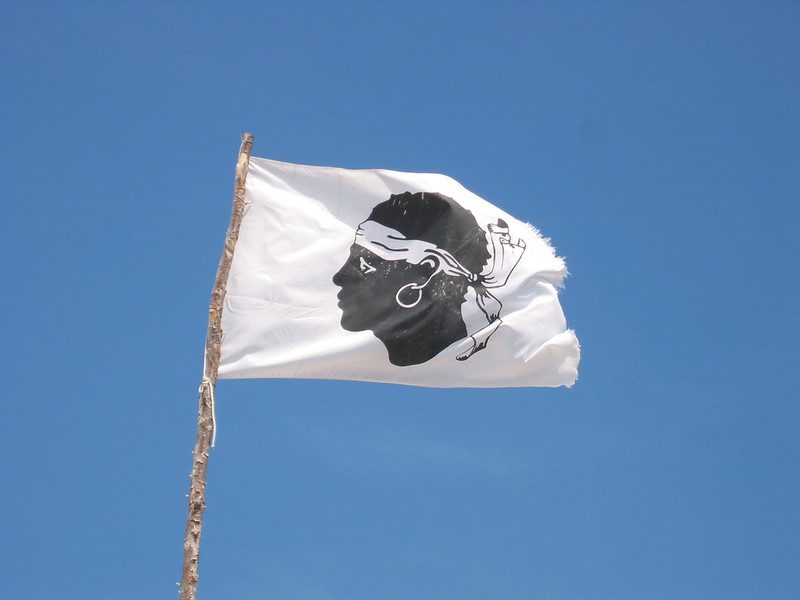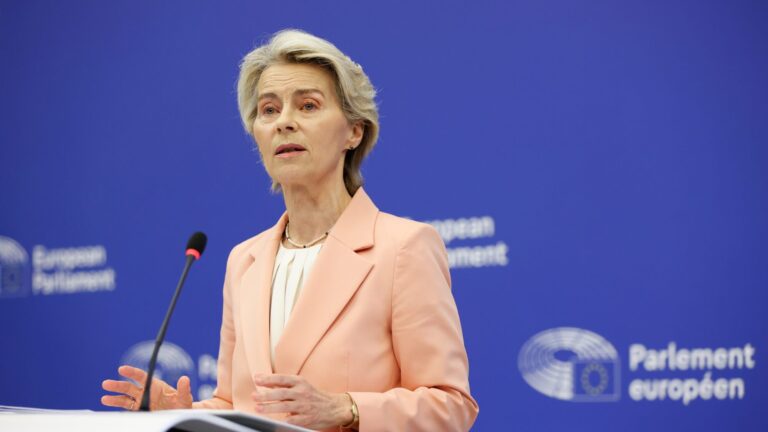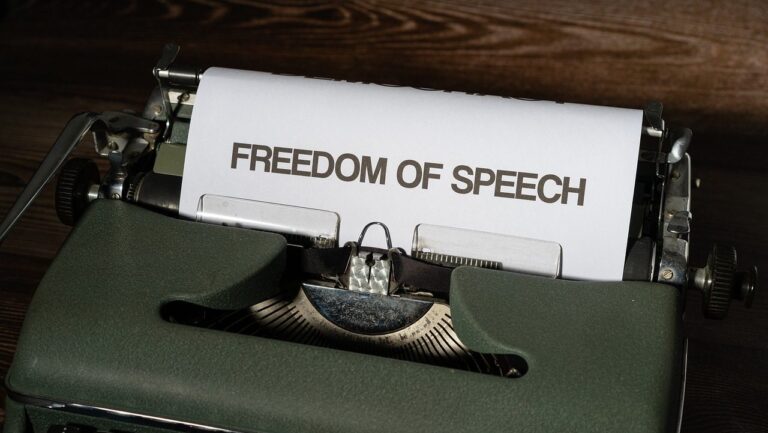Amid fears that the death of the jailed Corsican nationalist Yvan Colonna last Monday, March 21st, might spark more violence on the Mediterranean island, French President Emmanual Macron has urged for passions to be cooled during an interview with France Bleu radio.
Colonna, who was serving a life sentence in Toulon for the 1998 assassination of the prefect of Corsica, Claude Érignac, had been in a coma since he was beaten and strangled on March 2nd by a fellow inmate, whom authorities described as a “radicalised, Islamist terrorist.” The assailant, the 36-year old Cameroonian Franck Elong Abé confessed to investigators that he attacked Colonna, with whom he regularly enjoyed games of chess, for having uttered blasphemies.
The 61-year old Corsican—and former shepherd— had assumed somewhat of a hero status to those sympathetic towards the cause of Corsican autonomy. After the assault on his person, protesters clashed with police and attacked public buildings on the island. These protests were partly fuelled by Corsicans’ discontent over separatists like Colonna having to serve out their prison sentences in mainland France, rather than on the island.
The severity of the unrest prompted an emergency visit by Interior Minister Gérald Darmanin, who said talks about autonomy for Corsica could be held with Paris. The fear is that Colonna’s death in a Marseilles hospital has worked to amplify suspicion among the Corsicans toward the French, creating a situation that might lead to even more violence. To ease tensions, French Prime Minister Jean Castex promised on Tuesday that two other Corsican prisoners—Alain Ferrandi and Pierre Alessandri—will be allowed to serve out their sentence in Corsica. They will be transferred by mid-April, he said.
That same day, Macron said in an interview with France Bleu radio that “the most important thing is that calm is maintained, and that talks continue.” He went on to praise local politicians for making similar conciliatory statements.
The island of Corsica has a history of separatist violence, dating back to the 1970s. A series of actions by the French government from the late 1950s through the 1970s, such as proposals to conduct underground nuclear tests in Corsica’s Argentella mines, the immigration of 18,000 former settlers from Algeria in its eastern plains, and continuing chemical pollution from mainland Italy, brought tensions between its indigenous inhabitants and the French government to unhealthy levels.
These escalated when police invaded a wine cellar, occupied by Corsican nationalists, on August 23th, 1975. This marked the beginning of an armed nationalist struggle against the French government. Corsican nationalism, with its calls for greater autonomy and protection for Corsican culture, language, even full independence, have been a mainstay of its politics ever since. Some groups, such as the Front de libération Nationale Corse (FLNC), carried out a violent campaign, which included bombings and assassinations targeting buildings and officials representing the French government; these culminated in Colonna’s assassination of Corsica’s prefect. In 2014, the FLNC announced it would cease its armed struggle. Yet, a number of splinter groups have emerged and are still active. With this in mind, the government is keen on keeping a close eye on Corsica, as it gears up for the first round of the presidential election on April 10th.
Upon hearing the news of Colonna’s death, mourners peacefully gathered on Monday evening in two Corsican towns to pay their respects. The following day, the Corsican organization Collectivité de Corse decided to lower its flags to half mast, in honor of the controversial figure. On Twitter, former Prime Minister Manuel Valls took issue with such honors for someone he deems a murderer, describing it as “unbearable and indecent.”
Insupportable et indécent. https://t.co/ShPfgRiutV
— Manuel Valls (@manuelvalls) March 23, 2022
On Wednesday, March 24th, the body of Colonna was returned to his native Corsica. His funeral was held on Friday, after which he was laid to rest in the family chapel near the beach of Menasina.





